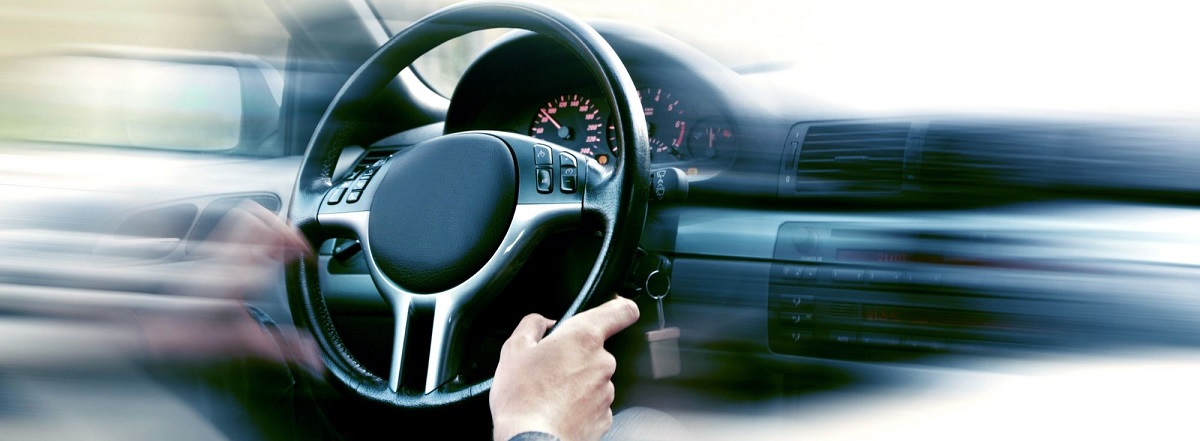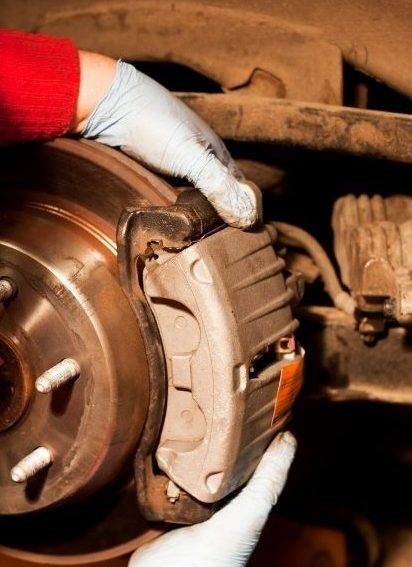Why Does My Car Shake When I Brake? 10 Common Reasons for Car Shaking When Press the Brake
Vibration when braking can be a really stressful and scary experience. Any issues with a vehicle’s braking system represent a safety concern.
If you own a car, it is essential to learn to recognize when your vehicle begins to act strange. It is crucial because, with regular maintenance, you will avoid the problem getting much worse. We strongly suggest you seek some help as soon as you notice that your car starts shaking when braking.
Any issue related to the braking system will make any driver nervous. There are several different reasons for brakes shuddering, and many of them include brakes themselves. In contrast, others may be related to the tires and sometimes a suspension.
Fortunately, ‘car shaking while braking’ problems can be fixed quickly and relatively inexpensively. This article will deal with the car shudders when braking, its most likely explanations, and the possible solutions.




